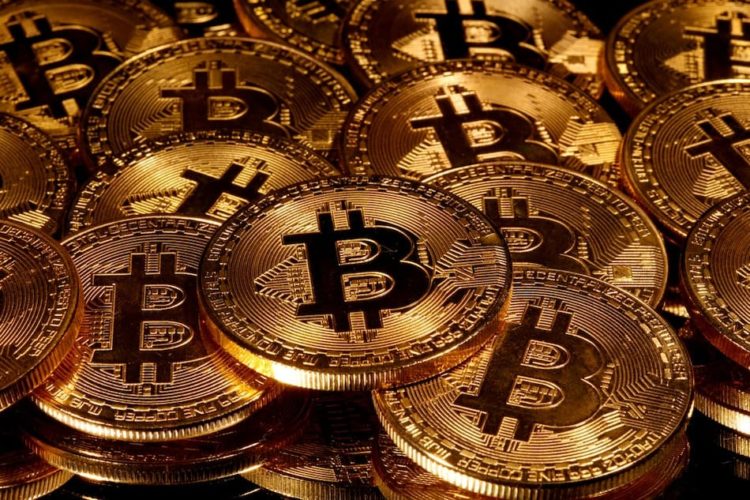Charlie Munger, the Vice-Chairman of Berkshire Hathaway, an American conglomerate, has stated that he doesn’t know which is worse between the rocketing share price of Tesla, an electric car company owned by billionaire Elon Musk and the recent bitcoin frenzy.
In what appeared to be an unexpected turn of events, Tesla shares went up by 743% last year, although it had fallen by 3% this year (2021). At press time, its market capitalization stood at about $689 billion. On the other hand, since Tesla purchased cryptocurrency valued at $1.5 billion, bitcoin has continued to increase in value, even to more than $50,000 over the past few days.
When asked which one he thinks was crazier between bitcoin’s recent surge and the rocketing share price of Tesla, during an interview at the Daily Journal’s annual shareholder’s meeting, Munger said:
“Well, I have the same difficulty that Samuel Johnson once had when he got a similar question, he said, ‘I can’t decide the order of precedence between a flea and a louse,’ and I feel the same way about those choices. I don’t know which is worse.”
Bitcoin and Tesla’s Fortune
It is no longer news that Bitcoin is recovering from a recent correction, as it now trades above $50,000. The world’s biggest cryptocurrency sprung back following an announcement from Square, an American financial services, that purchased BTC valued at $170 million, which is in addition to its existing $50 million valued Bitcoin purchased last year.
Prior to this development, MicroStrategy, a Business intelligence firm, bought its total bitcoin investment to about $2.2 billion after purchasing $1 billion worth of new coins.
Tesla’s share price, has soared too. China’s strong demand and optimism that there will be subsidies for electric vehicles have significantly influenced the share price increase.
Munger’s sentiment on the Future of Banking
In the interview, Munger was further questioned on how much damage bitcoin and digital wallets like Apple Pay and Square could have on banking. He said he had no idea about the future of banking, neither does he know how the payment system will revolve.
He argues that traditional banking greatly influences civilization, maintaining that central banks across the world prefer to be in charge of their banking system and money supplies.
Credit: Source link












































































































































